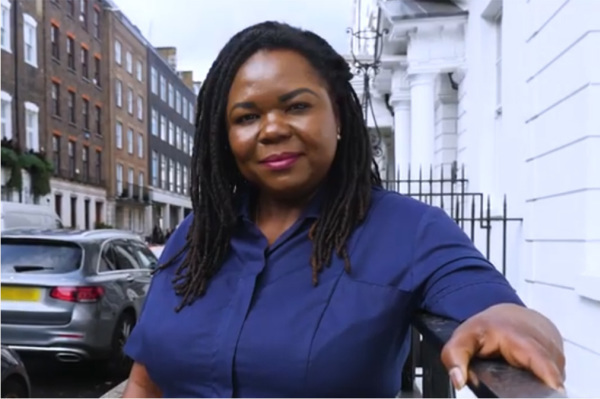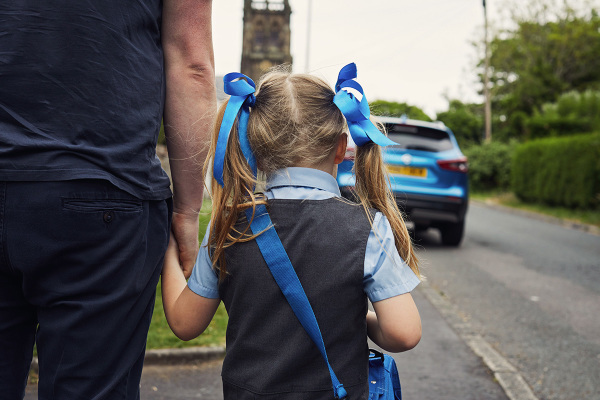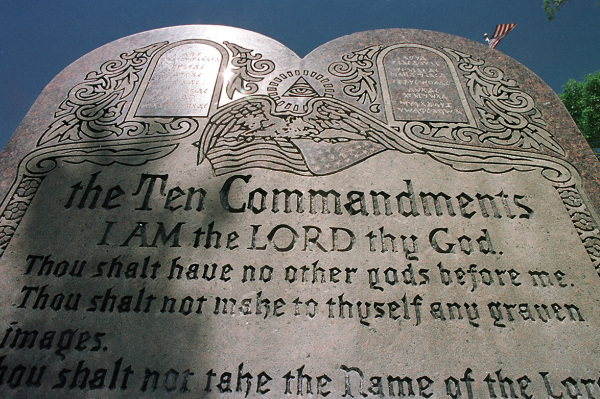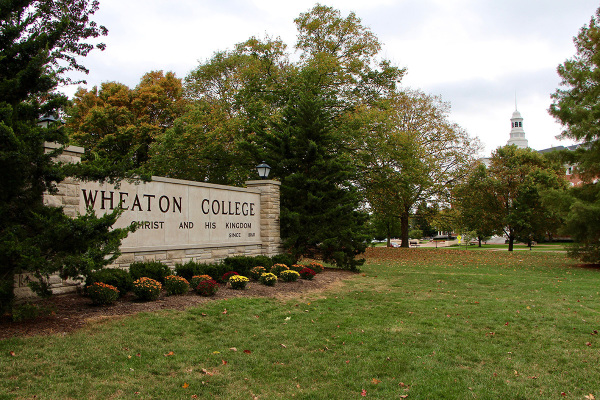Documentary on Poverty Seeks to Smash Stereotypes, Refocus Election
"The Line," a new documentary by Sojourners, wants viewers to reconsider many of the stereotypes people have about those living in poverty. In a panel discussion following the film's Tuesday premiere in Washington, D.C., promoters said they hope the film will encourage voters to ask political candidates to talk more about how they would address poverty if elected.
During every election cycle, Matthew 25 gets rewritten to say "just as you did for the middle class," joked the Rev. Adam Taylor. Candidates from neither party seem interested in addressing issues of concern to lower income Americans, the panelists complained.
Taylor, vice president of advocacy for World Vision, was joined on the panel by the Rev. Jim Wallis, founder and president of Sojourners, Linda Midgett, who produced and directed the film and has won two Emmy awards, and Sheila Edwards Howard, founder of Born to Be Light and one of those featured in the film.
The premiere and panel discussion was simulcast to over 1,600 locations, including some outside the United States. In addition to Sojourners, World Vision, Oxfam America, Bread for the World and Christian Community Development Association participated in the project, which received funding from MacArthur Foundation and The Annie E. Casey Foundation.
The "line" that the film's title refers to is the poverty line, or the line between "the haves and have-nots," as one person in the film put it. The current poverty line, set by the federal government for the purposes of determining eligibility for government benefits, is $11,170 for an individual or $23,050 for a family of four.
The documentary highlights the stories of four people who have found themselves on both sides of the line: a former bank vice president who lost his job, a Louisiana fisherman whose livelihood is threatened by environmental degradation and hurricanes, a former homeless man, and Howard, who grew up in high crime neighborhood, lifted herself out of poverty, and found herself back in poverty after a horrible accident disrupted her life.
When asked why she agreed to do the film, Howard said she was reluctant at first because her "pride got in the way." She did not want everyone to know about the hardships she had been through. But she changed her mind when "the Christian side of me stepped up," and she realized that telling her story might "help shed some light" on what people go through when struggling in poverty.
"There is no shame in going through [poverty] when you are doing your best," Howard said. "The shame comes when all you are doing is sitting down and taking a hand out. As long as you are doing the best you can possibly do, there is no shame in that."
The purpose of the film is to "change the conversation" about poverty, Wallis said. As part of that effort, after the film he encouraged all those watching to send a message, via Twitter or email, to Jim Lehrer, the moderator of Wednesday night's presidential debate, to urge him to ask a question about poverty.
If there were one question he could ask during the debate, Wallis said, it would be "are we our neighbor's keeper?"
The documentary is now available online at www.thelinemovie.com.






















